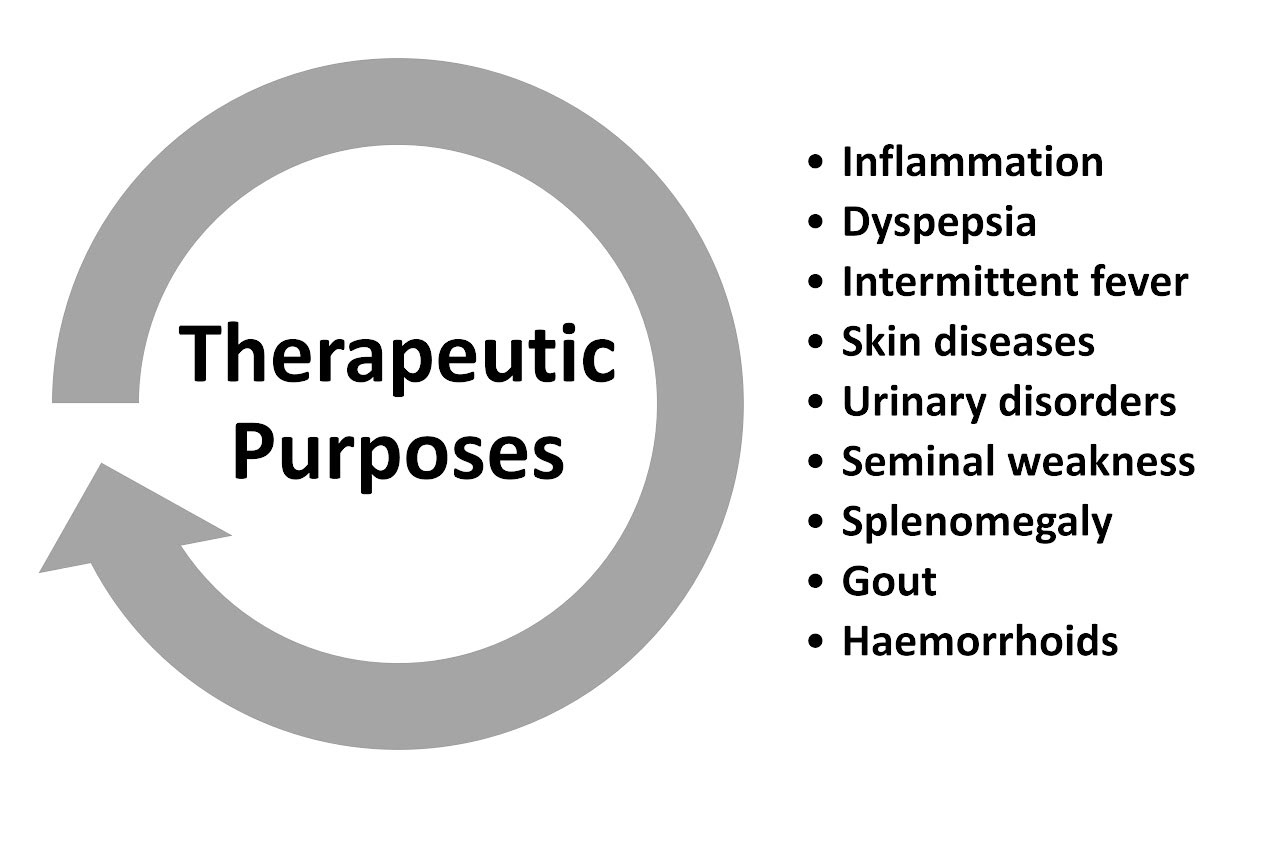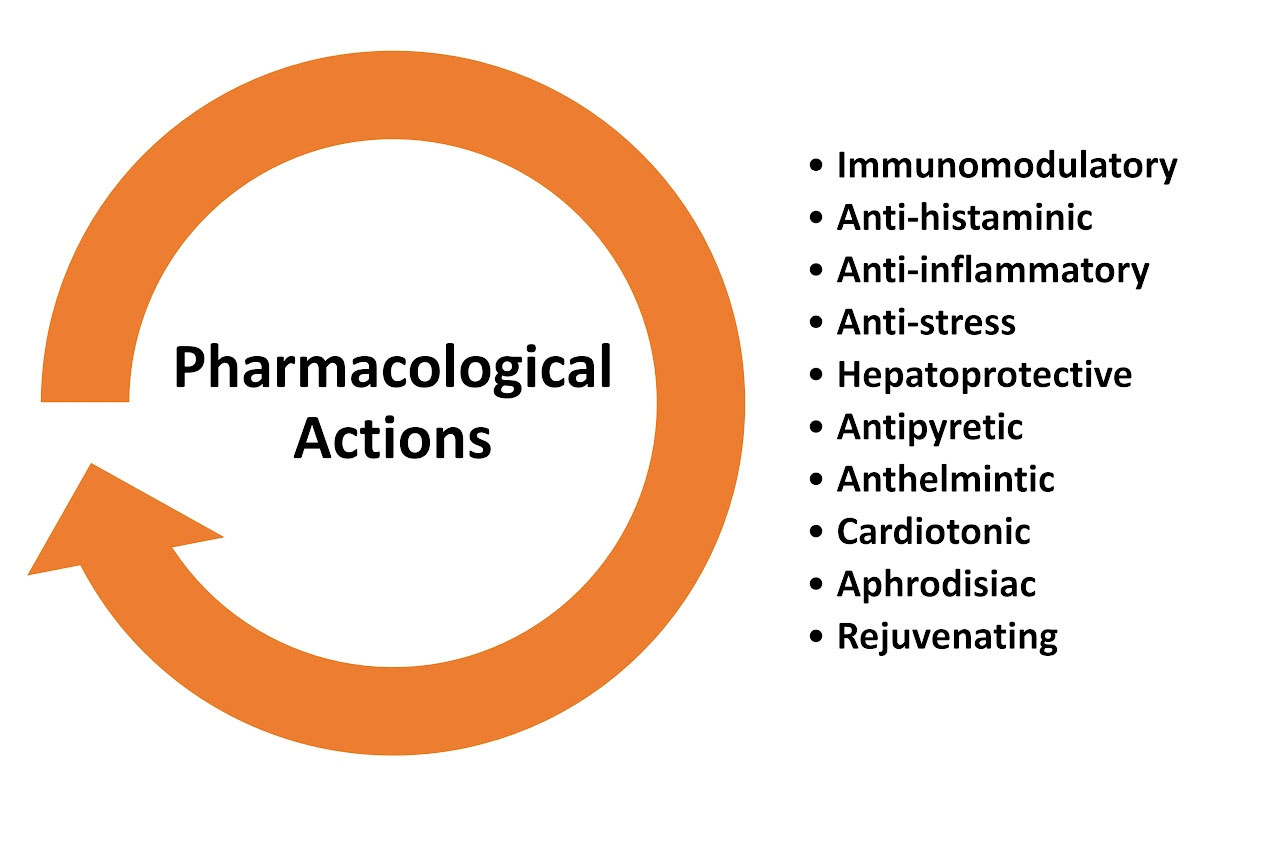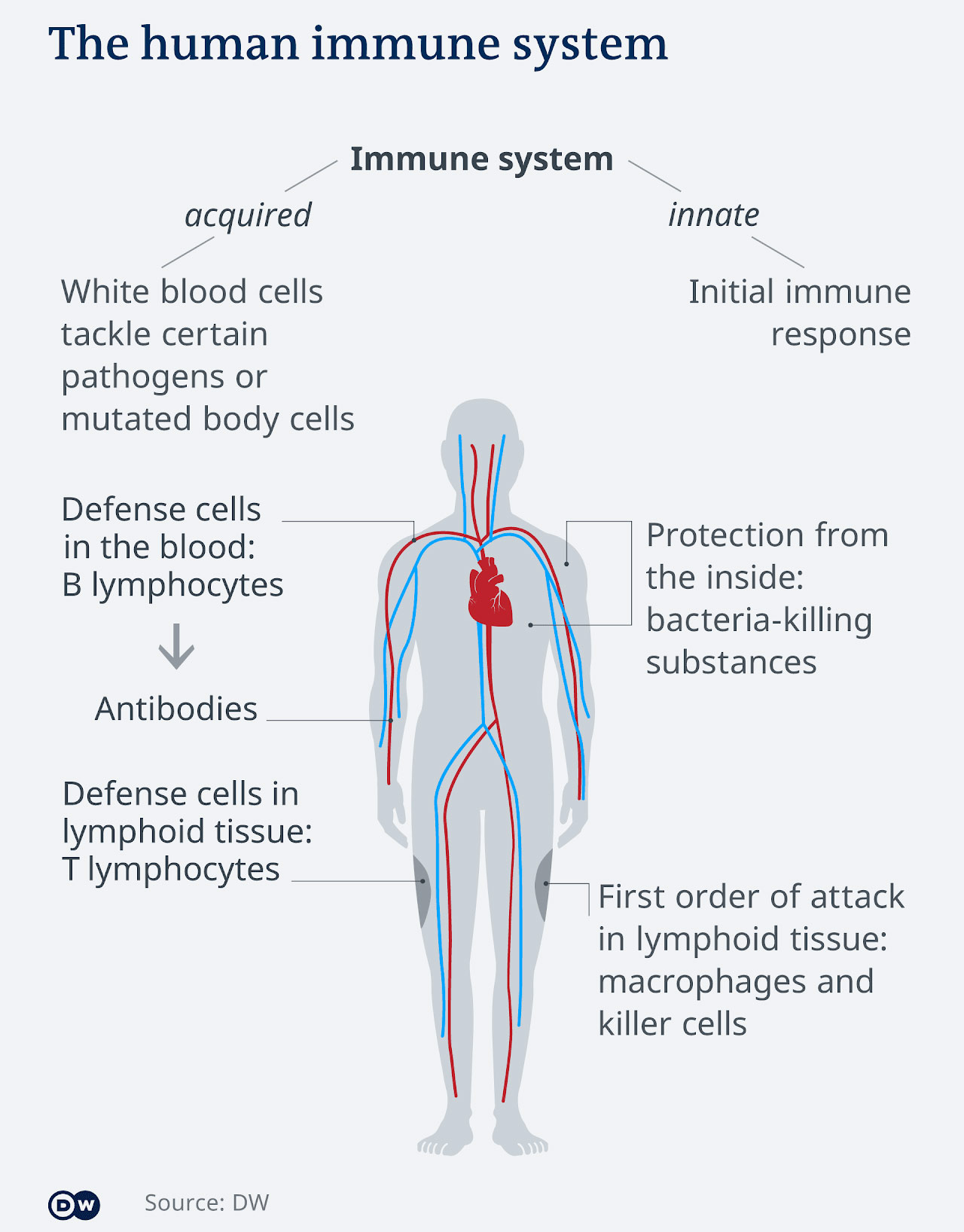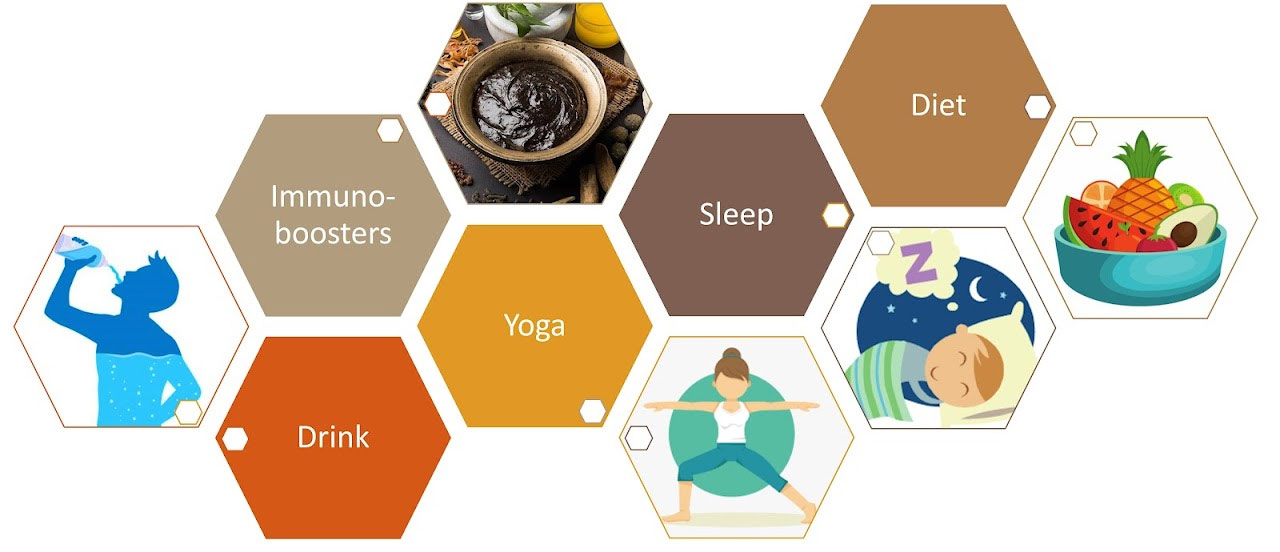Giloy
Giloy is described as “Amrita” i.e., "the ambrosia of the Gods that bestows immortality". Single and compound formulations of Giloy have been used for their multidimensional therapeutic properties since ancient times. Therefore, Giloy is considered as leading medicine (Agrya Drvaya) in the Ayurveda. Giloy can be cultivated easily in any climate and soil.Emerging Infectious Diseases
Emerging infectious diseases (EIDs) are a major concern for global health security and the world economy. The world is already witnessing one of the deadliest pandemics of history as COVID-19. COVID-19 is an infectious disease caused by the SARS-CoV-2 virus. Globally, more than 221 million confirmed cases and more than 4 million deaths have been reported due to COVID-19. Globally, the top 10 causes of death accounted for 55% of the 55.4 million deaths in 2019. And, 3 out of the 10 leading causes of death were infectious diseases. Besides, statistics of leading causes of death by income groups reveals that people living in a low-income country are more susceptible to die of an infectious disease than a noninfectious disease. 6 infectious diseases in low-income countries, 4 in lower-middle-income countries, one in upper-middle-income countries and high-income countries out of 10 have been reported as the leading causes of death.
Global causes of deaths as per World Health Organization (WHO)
| Rank | Worldwide | Low Income Countries | High Income Countries |
| 1 | Heart disease | Lower respiratory infections | Heart disease |
| 2 | Stroke | Diarrheal diseases | Stroke |
| 3 | Chronic obstructive pulmonary disease | Heart disease | Alzheimer's disease |
| 4 | Lower respiratory Infections | HIV/AIDS | Lung cancers |
| 5 | Alzheimer's disease | Stroke | Chronic obstructive pulmonary disease |
| 6 | Lung cancers | Malaria | Lower respiratory infections |
| 7 | Diabetes | Tuberculosis | Colon cancers |
| 8 | Road injury | Preterm birth complications | Diabetes |
| 9 | Diarrheal diseases | Birth asphyxia and trauma | Kidney diseases |
| 10 | Tuberculosis | Road injury | Breast cancer |
| Top 10 global causes of deaths in different income group (Infectious diseases are in bold) | |||
















